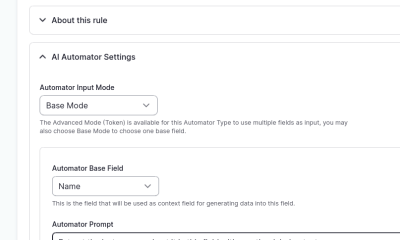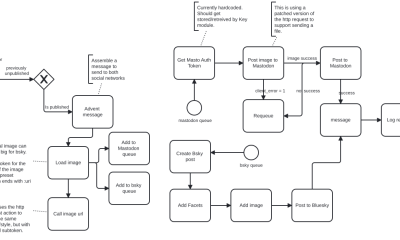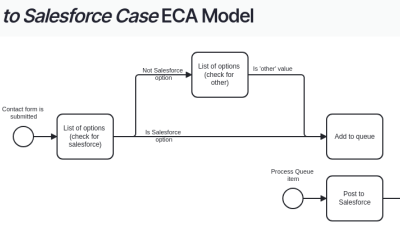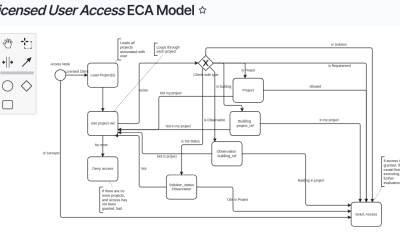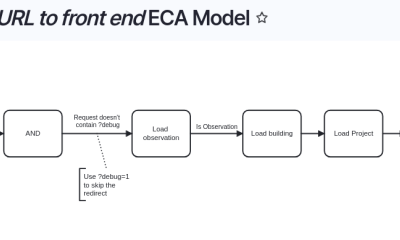
Containerless Dev environments for Drupal development with Nix
The recording of my talk from DrupalCon this year is now available!
This is perhaps my most technical talk, meant for developers and tinkerers who would like an easy way to get started with Drupal.






